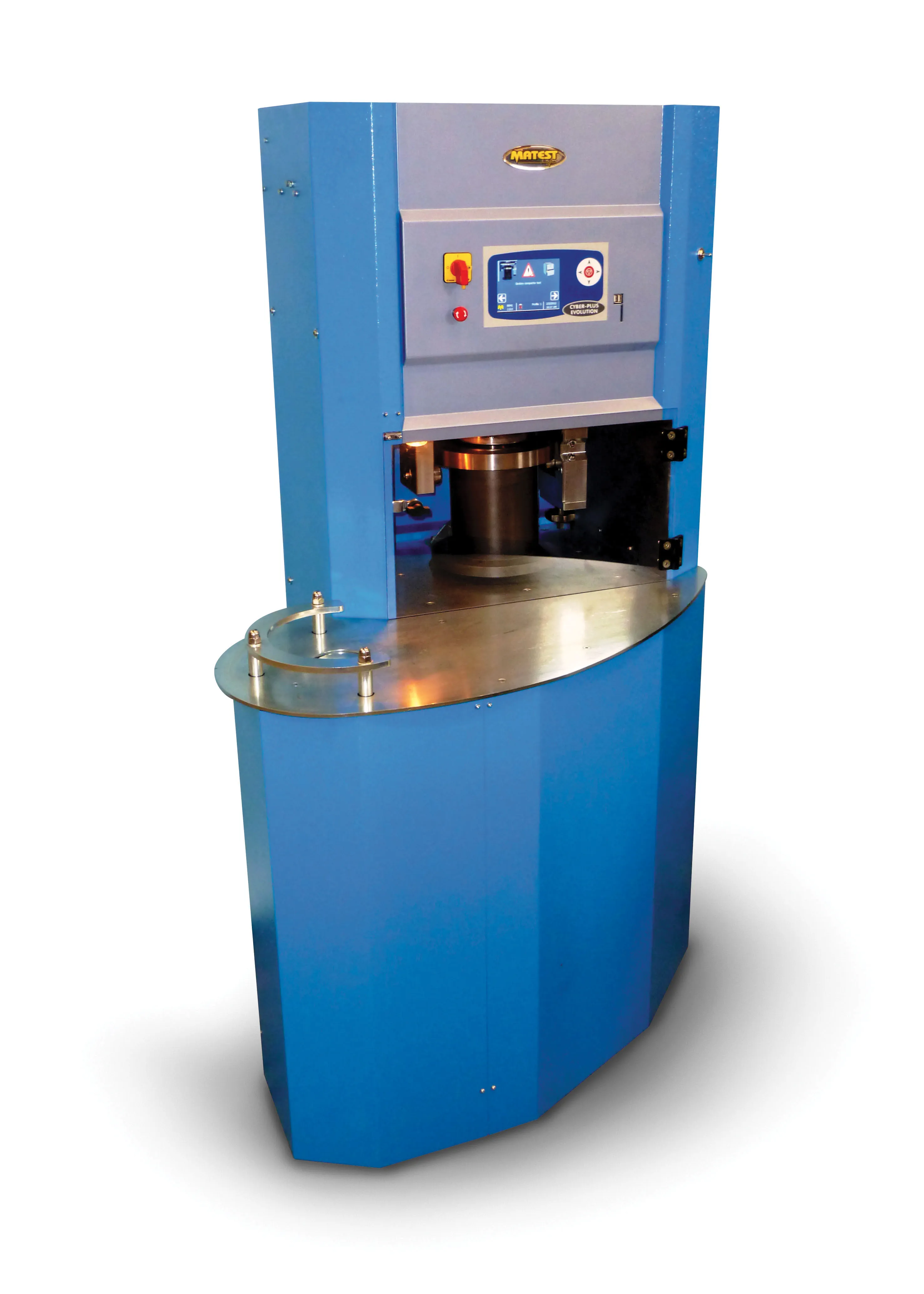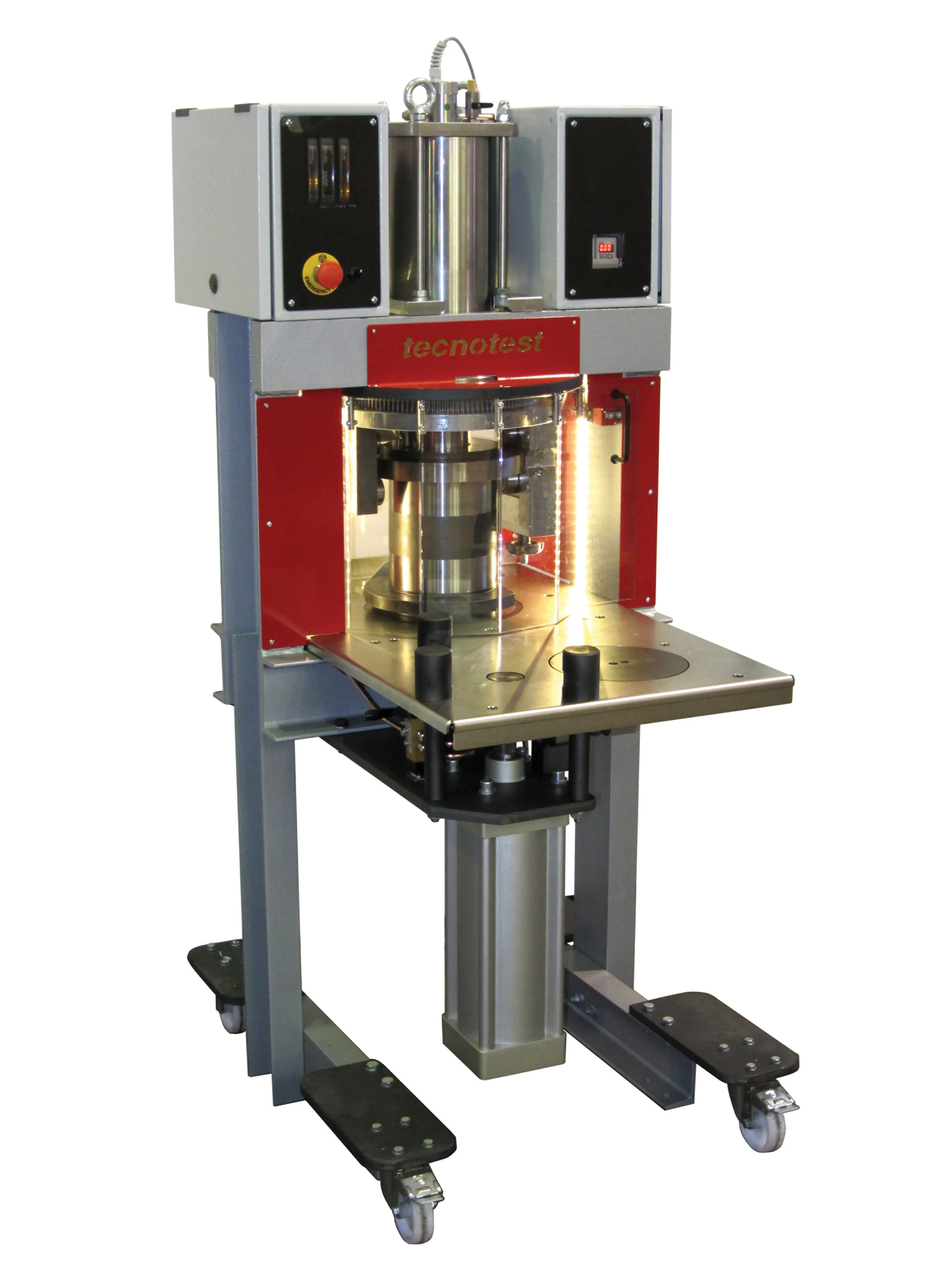
The National Center for Asphalt Technology (NCAT) at Auburn University has started its seventh cycle of tests on its 2.7km (1.7mile) Test Track, where asphalt technology and mixes undergo accelerated testing. Constructed in 2000, there are 46 different test sections which are tested in two-year cycles, with some sections under test for more than one cycle.
The range of products and processes under trial illustrates some of the challenges faced by road owners, and the paving industry. Among them rejuvenators, bio-based products, balanced mix design and deep single layer reconstructions.
Cargill is a new visitor to the NCAT track, putting its Anova bio-based rejuvenator to the test. The company’s rejuvenator will be used in a mix with 45% RAP and its performance compared to a section with lower proportions of RAP. [Section N3]
In parallel with the tests at NCAT, researchers at the Minnesota Departments of Transportation’s MnROAD testing facility will carry out a similar comparison there. The aim, says Cargill, is to evaluate Enova’s performance in both southern and northern US climates.
Another bio-based rejuvenator, Delta S from Collaborative Aggregates, is already under test at NCAT. A section of road containing 35% RAP and the rejuvenator was laid in 2018 and is being compared to a control section containing 20% RAP.
New with this test cycle is a biopolymer modifier which comes from soybean oil. The United Soybean Board, which is sponsoring research at
PG 76-22 bitumen modified with the biopolymer. This will be measured up against a mix containing the same ingredients, apart from a conventional polymer. [Section W10]
South Carolina DOT has already experimented with replacing between 100-125mm (4-5") in a single pass. Now it wants to look at a 178mm (7”) deep section. Embedded thermocouples and thermal imaging while the section was laid will help answer questions about how such a deep section cools, and pressure plates and strain gauges have been embedded in the pavement to measure long-term structural response. Other technologies and issues under test for this cycle include thinner overlays, fogseal, reflective cracking and density of asphalt. Work on seven sections of test track continues from previous cycles as part of the Cracking Group Experiment, as well as ongoing tests to evaluate other mixes and approaches for various DOTs.









